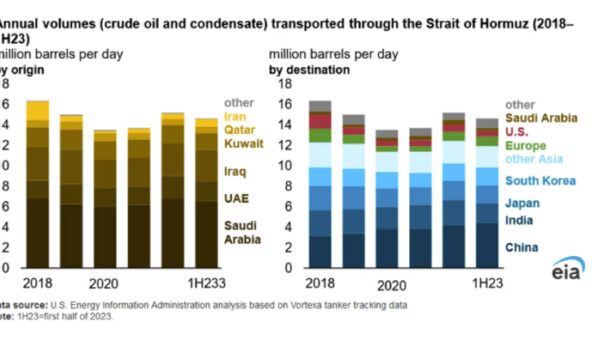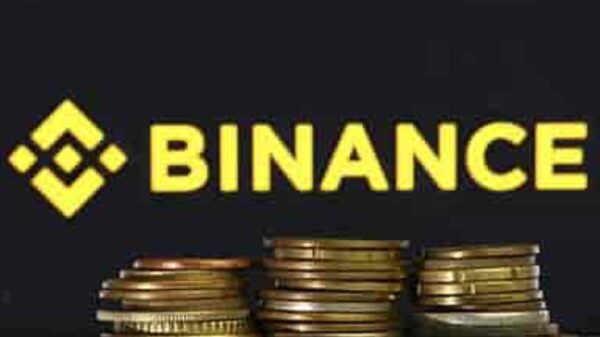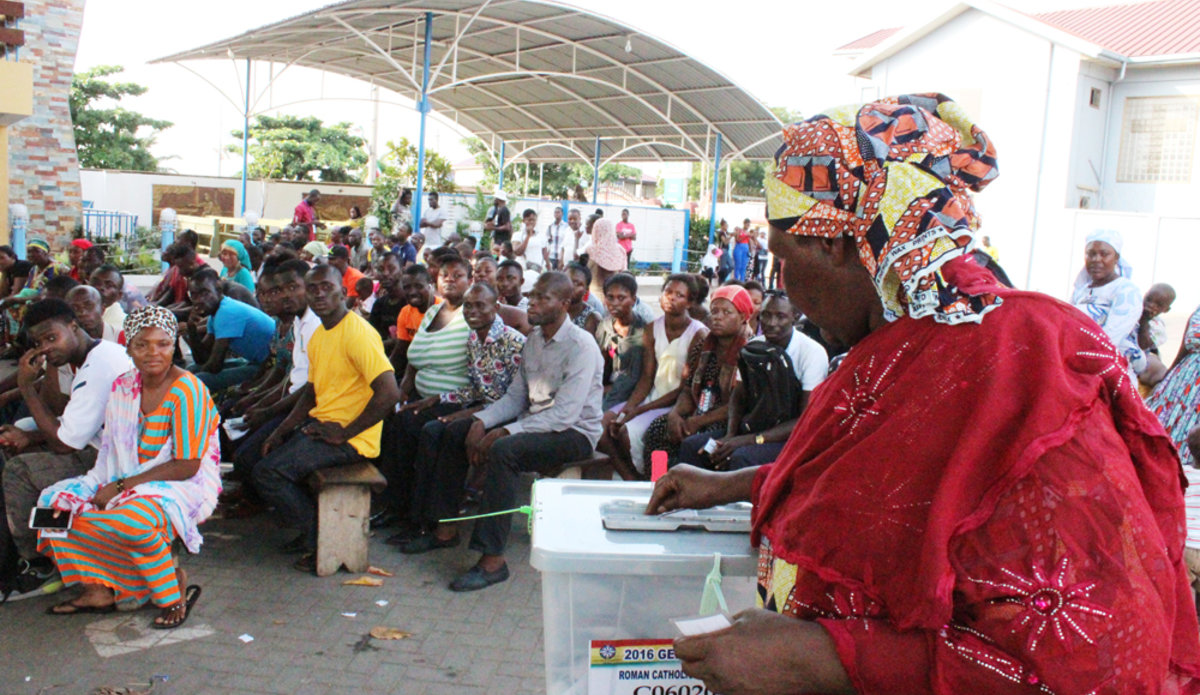Ghana’s recent polls show the need for governments to bolster popular support through public spending and loose fiscal policy in the run-up to an election. That runs counter to the requirements of international debt markets.
Elections in Ghana have become the most competitive in Africa, REDD Intelligence argues in research published in December. The winning margin in presidential elections fell from 28 points in 1992 to 0.4 points in 2008 and 3 points in 2012. This has meant greater pressure on incumbent parties to increase public spending in the run-up to polls, says REDD Intelligence.
Competitive elections are a “major factor” in debt sustainability, says Mark Bohlund, senior credit research analyst at REDD Intelligence in London. “Africa is becoming more democratic, but the downside is that parties in power will spend more” to stay there. “The political imperative is to spend.”
- The country’s electoral commission declared incumbent Nana Akufo-Addo the winner of this month’s presidential election.
- His opponent, John Mahama, who was president from 2011 to 2016, has rejected the verdict, claiming electoral manipulation.
The IMF forecast in October that Ghana’s government debt will rise to 76.7% of GDP in 2020, having stood at 59.1% in 2018.
Part of that is due to a clean-up of the banking sector, but PwC Ghana estimates that the exercise accounted for only about three percentage points.
- Even in the immediate post-election year of 2021, the IMF predicts that debt will only decline marginally to 74.7% of GDP.
Charles Robertson at Renaissance Capital estimates that Ghana’s interest payments as a percentage of government revenues, at 50%, will be the highest in Africa this year, above even Zambia. “We should be more worried than we have been” about Ghana, he wrote in November.
Western investors stuck for yield have yet to come to terms with the trade-off between competitive Africa elections and higher public spending.
Ghana is the riskiest African debt that Renaissance says investors should consider, so long as it is balanced by safer bets such as Egypt and Kenya.
According to research from REDD Intelligence in December, Ghana is likely to return to the eurobond market in the first quarter of 2021, though the risk premium demanded by investors is likely to increase. Bohlund expects Ghana to be able to raise about $3bn. There’s a “lot of goodwill” towards Ghana among emerging-market bond investors, he says.
- “Investors tend to have a rose-tinted view of Ghana,” says Bohlund. This, he argues is based on external debt metrics which appear benign. More importantly, Bohlund says, is the country’s domestic debt.
- The lack of yield on offer globally means that some investors will still be drawn to Ghanaian debt, adds Bohlund. Selling eurobonds which may yield about 8% to 10% offers Ghana a cheap way to pay down domestic debt which costs about 20%.
- But it’s “naïve” to assume that Ghana won’t revert to new domestic borrowing after a eurobond sale, he says. Foreign lenders “don’t get to vote in elections” so they will be down the list of priorities of the new government.
Neither does increased borrowing from China, even if the money were available, provide a way out.
Loans from China to African governments are typically tied to an infrastructure project. They don’t create liquidity or financial flexibility.
- That doesn’t bode well for Ghana’s finances in the long term. “If you’re struggling with debt, you shouldn’t be taking on more debt,” says Bohlund.
- Bohlund sees the risks of debt restructuring in Ghana as likely to increase in 2024 when the next new government is due to be chosen.


















































You must be logged in to post a comment Login